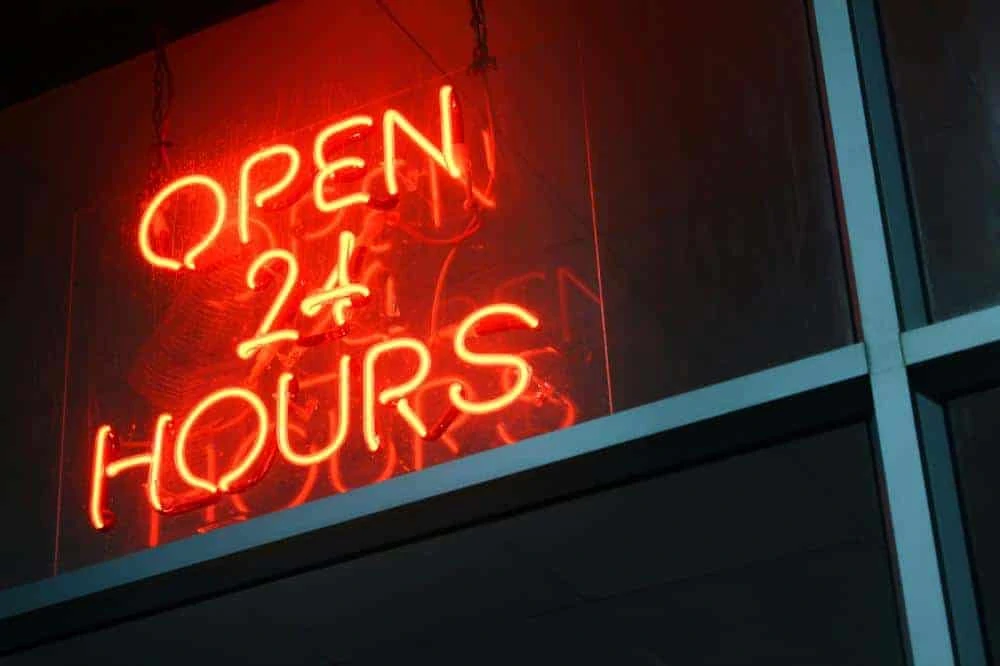
Coping with Triggers in Recovery
In treatment and recovery, you’ll learn a lot about the science and psychology of a substance use disorder. People who are addicted to drugs experience physical cravings as well as psychological triggers that make them desire to use their drug of choice. Addiction is a disease that affects the way the brain works, causing a person to crave more of a drug and spend more time seeking it, as their life slowly starts to spiral out of control.
People who do things compulsively, such as using a drug despite adverse consequences, often have a trigger that makes the desire more strong. In recovery, you’ll find that there are social, environmental or emotional situations that remind you of using or that make you want to use right then and there. For example, television commercials that feature alcohol are usually a big trigger just because of their content; they promise if you drink, you’ll be more social and fun, and feel happier. Even though  this probably isn’t the case, the commercial itself is a dangerous trigger that can cause some people to want to use alcohol or their drug of choice. You may also find that when you’re in a disagreement with a family member or coping with other stressful events, you have a desire to use again. These triggers can be scary and overwhelming, especially in early recovery.
this probably isn’t the case, the commercial itself is a dangerous trigger that can cause some people to want to use alcohol or their drug of choice. You may also find that when you’re in a disagreement with a family member or coping with other stressful events, you have a desire to use again. These triggers can be scary and overwhelming, especially in early recovery.
Triggers can’t force you to get high or drunk, but they can be painful temptations, especially in early recovery. To cope with triggers, it’s important to be aware of them. When you know your triggers, you'll be able to pick up the phone and get the support you need before they get out of hand.
Common Triggers in Recovery
- People: There are people you used drugs or alcohol with, and running into them may make you long for the past. You can be cordial with them but don’t get caught up – you need to look out for yourself, now. Other people who may be triggers include those who you may not get along with; people who cause stress in your life may have been an excuse to use. Again, you can be “nice” to them without getting caught up. In recovery, it’s safe and smart to walk away when you can.
- Places: Going to your old haunts can be a stressful event. If you have the option, stay away from old neighborhoods and areas where you used or acquired drugs. If this is impossible, try to limit your time in these places. Maybe invite a trusted loved one to go to the store with you, for example, if it’s on the same block as your old drug dealer.
- Things: We all associate “things” with our memories. Things, such as alcohol or drugs, are apparent triggers. Don’t hang out with people who use them and don’t let people keep them in your home. For example, a favorite song may be associated with using drugs if you played it often. Items like lighters, money, and even the clothing you used to wear to clubs may trigger unwanted memories and a desire to use. Let your sponsor and others in your support network know that these things are a trigger, and don’t carry a lot of cash. Some triggers can be avoided; you can always get new clothes and throw out your lighters. However, other things like cash are more necessary in life. If you feel yourself being triggered, you can always ask somebody you trust to hold onto your ATM or money for a few hours until the desire passes.
- Feelings: Emotions in recovery can be intense, and it’s natural to want to avoid them. Everyone experiences painful feelings now, and then. These feelings are normal and it’s easier to get through them as time goes on. Just remember: this too shall pass.
Coping with Triggers
Taking a walk, listening to music, or journaling can help you get in touch with your feelings and give you enough distraction to let the feeling pass.
If you’re feeling triggered and want to use, the best thing to do is to reach out to your support network. If you can’t reach anyone right away, consider going straight to a 12-step meeting where you can be around people who want to help you. Let other people know how you feel, and they will have plenty of wisdom to help you get through it.
Getting Help for Addiction
Are you or somebody you love in active addiction, and want to get help? Reach out to us, and we can let you know your options. We want to help you on your journey to recovery, and you’re never alone. All calls are 100% confidential: (619) 363-4767
Categories
Recovery
